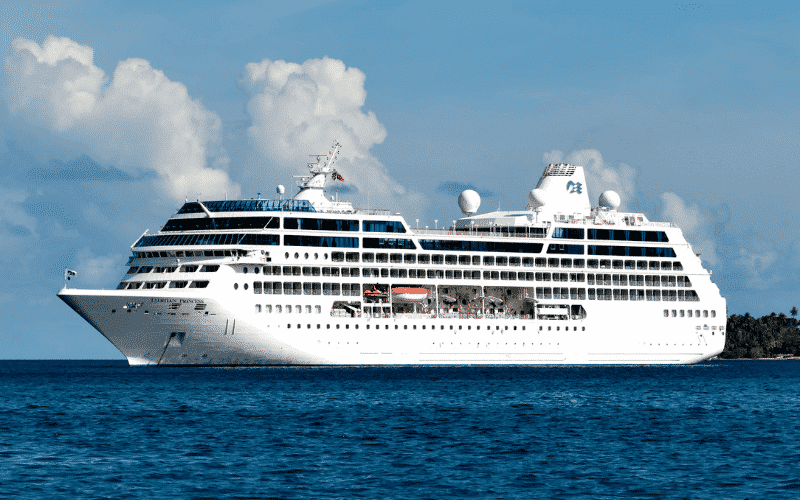The world relies on seafarers to move more than 80% of commerce by volume, including essential food and medical supplies, energy and raw materials, as well as manufactured commodities, making them the hidden heroes of this pandemic. Tens of thousands of them are either trapped aboard ships or are unable to board ships due to travel restrictions, making them additional collateral victims of the crisis.
The challenges associated with Singapore crew change and repatriation have a significant influence on the shipping sector as well, and the IMO and other organizations have urged governments to take action.
While the International Maritime Organization (IMO) is encouraged by the progress made in many nations to recognize seafarers as key workers and to ease crew changes and repatriation, the Organization is still very concerned about the numerous nations where restrictions on seafarers are still in place.
Why is it so crucial to change the crew?
To maintain sailors’ health, safety, and well-being and minimize weariness, crew changes are essential for the smooth functioning of maritime trade. They cannot be put off forever.
The length of sailors’ contracts varies, but they often work on ships for four to six months before taking a break. They frequently work 10- to 12-hour shifts, seven days a week, while at sea, carrying out duties that call for consistent expert attention.
Long-term seafarers are more susceptible to negative health impacts, including physical and mental health problems. The tiredness, fatigue, worry, sadness, and mental stress of thousands of sailors stuck aboard ships have previously been acknowledged.
And a seafarer who is both physically and psychologically exhausted is significantly more likely to be engaged in an accident that results in a maritime casualty.
To adhere to international maritime laws for safety, crew health and welfare, and employment, crew change Singapore is required. According to the ILO’s 2006 Maritime Labour Convention (MLC), a seafarer shall service a vessel for a maximum of 11 months without a break.
In “force majeure” circumstances, this time frame may be extended; however, any such extension must be supported by suitable measures to prevent exploitation and defend the rights of seafarers. ILO claims that thousands of seafarers have been forced to stay on board longer than the permitted maximum of 11 months. Some sailors have been unable to return home for 18 months.
What can be done by governments?
Governments have been asked repeatedly by the IMO and other organizations to identify seafarers, marine people, fishermen, offshore energy industry professionals, and service provider staff at ports as “important workers,” regardless of nationality.
Governments are advised to give these staff the assistance they require, such as waivers from local travel or movement restrictions, to enable them to board or disembark ships and travel through national borders (for instance, to go to an airport) in preparation for repatriation. Additionally, they need to make sure that these employees have access to urgent care, and if required, assist with immediate repatriation.
Governments and national authorities must make sure that all visiting commerce ships may access berths at ports and terminals and take all reasonable steps to permit crew swaps. They are urged to follow a set of protocols that outline basic precautions and guidelines meant to guarantee that ship crew changes may be made safely during the COVID-19 pandemic and to broadly disseminate these protocols with the pertinent national authorities.
Why is it so vital to be a key worker?
Changes in the crew are important to guarantee that commercial ships can continue to transport crucial products safely and without unneeded disruptions, as well as for the health and wellness of seafarers themselves.
Regardless of the sort of ship they operate on, all seafarers and marine personnel are regarded by the IMO as vital employees. The International Maritime Organization (IMO) calls on countries and national authorities to guarantee that seafarers employed on cruise ships are entitled to the same exemptions as other critical employees, including allowances for transit and tourism.
The International Maritime Organization (IMO) has approved a set of detailed rules that outline broad precautions and steps to follow to guarantee that crew changes may be made safely during the COVID-19 pandemic. These protocols were developed by a wide range of international trade organizations that represent different facets of the marine transport business.
Also Read: Understanding the Practical Duties of Electrical Workers


